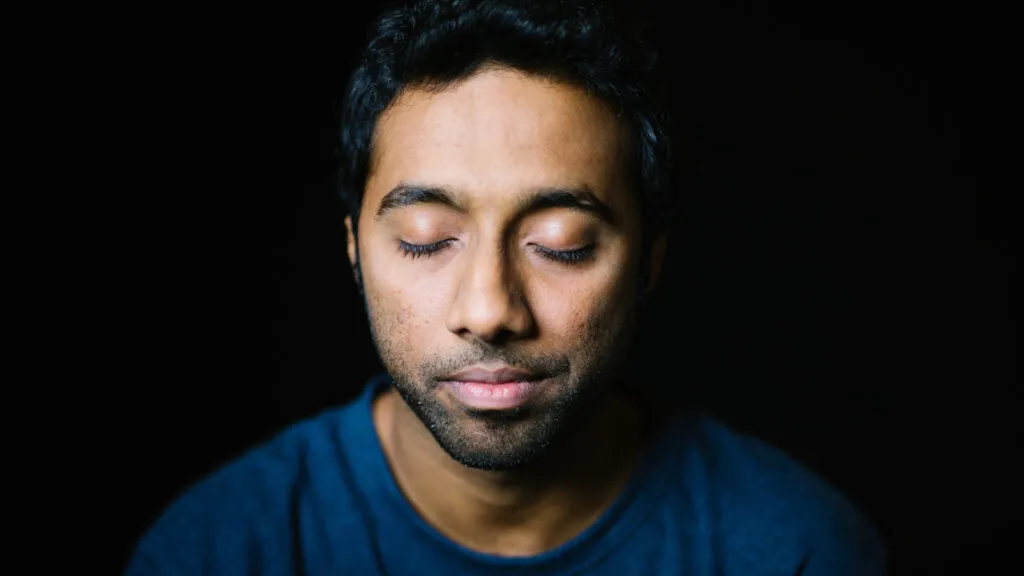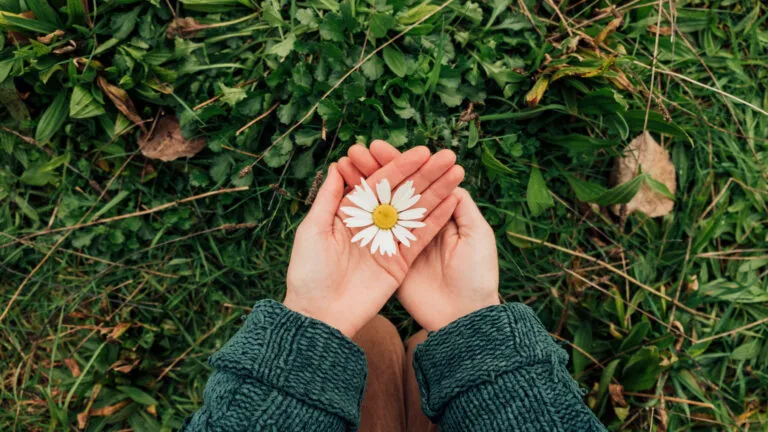If you have ever wondered whether meditation can help you cope with tough times in your life, look no further than the 12 Thai boys who survived their two-week ordeal trapped with their soccer coach in a flooded cave.
According to news reports, the boys’ coach, 25-year-old Ekapol Chanthawong used guided meditations to help the 11- to 16-year-old boys stay calm through moments when excessive anxiety could have cost them their lives. Chanthawong had training as a novice monk in the Buddhist tradition, in which meditation is a hallmark practice. According to the Associated Press, Chanthawong could meditate for up to an hour.
For all its benefits, meditation is not a complicated practice, and although there is a long history of meditation in the Christian tradition, too, it’s not associated with a particular religion. It can simply involve sitting quietly and breathing deeply and evenly. You can visualize a peaceful place, or do a “body scan” to check in with each part of your body and release any tension you discover there.
Scientific research supports the idea that meditation can affect mental functions, including calming anxiety and reducing the perception of physical pain. Leah Weiss, a meditation expert and professor at Stanford University, told CNBC that meditation works by calming a number of physical and mental responses, including slowing the heart rate, decreasing levels of “stress hormones” like cortisol, and regulating how the body uses oxygen and releases carbon dioxide.
Perhaps most importantly for the tween and teen boys, Weiss said, meditation allows for clear thinking as it calms the “fight-or-flight” reaction that can cause panic at times of heightened stress. “Cognitive resources that would otherwise be hijacked by the threat can be accessed once again, meaning that problem-solving capacities increase,” Weiss said.
A solid body of scientific research backs up the claim that meditation benefits both physical and emotional health. One 2012 study found that meditators were less bothered by startling sounds than people who were not meditating. A 2016 study found that people who practice meditation experience painful stimuli as less intense than those who do not meditate. Still other research points to meditation’s impact on focus and attention, body awareness and social connection.
All these skills are crucial to survival in an acute situation like the one faced by the Thai soccer team. As we continue to marvel at the bravery, intelligence and help that graced the team, let us also reflect on the ways in which one of the most basic functions of human existence—the ability to regulate our breathing—is, in itself, a miracle.





